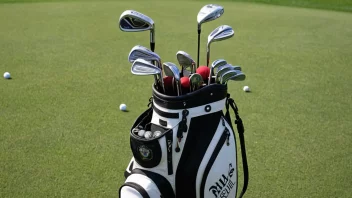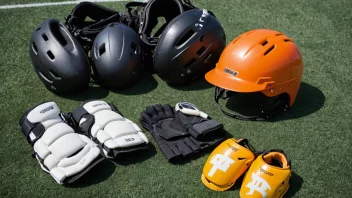What is mindfulness and why is it important for athletes?
Mindfulness is the practice of being present and fully engaging with the moment, which can significantly enhance the performance of winter sports athletes. It helps in reducing anxiety, improving focus, and increasing overall mental resilience, allowing athletes to perform at their best even under pressure.
How can mindfulness improve performance in winter sports?
Mindfulness can improve performance by enhancing concentration and reducing distractions. Athletes who practice mindfulness are better able to maintain their focus on their technique and the task at hand, leading to more precise movements and better decision-making during competitions.
What mindfulness techniques can winter sports athletes use?
- Breathing exercises: Simple deep breathing can help calm nerves and refocus the mind.
- Body scans: This technique involves mentally scanning the body for tension and consciously relaxing those areas.
- Meditation: Regular meditation practice can help athletes develop greater awareness of their thoughts and feelings.
- Visualization: Athletes can use visualization to mentally rehearse their performance, creating a strong mental image of success.
Can mindfulness help in injury recovery for winter sports athletes?
Yes, mindfulness can aid in injury recovery by promoting a positive mindset, which is crucial for healing. Athletes who practice mindfulness are often better equipped to handle the frustration and mental challenges that come with being sidelined due to injuries. Techniques like meditation and focused breathing can also help manage pain perception.
How often should winter sports athletes practice mindfulness?
It is recommended that winter sports athletes incorporate mindfulness into their daily routine, even if it's just for a few minutes. Regular practice, whether through meditation, breathing exercises, or mindful movement, can lead to lasting benefits in performance and overall mental health.
Are there any scientific studies supporting the benefits of mindfulness for athletes?
Yes, numerous studies have shown that mindfulness can lead to improved athletic performance, reduced anxiety, and enhanced recovery. Research indicates that athletes who engage in mindfulness practices report higher levels of focus, lower stress levels, and better emotional regulation, all of which contribute to better performance outcomes.
Is mindfulness suitable for all winter sports?
Absolutely! Mindfulness can be beneficial for athletes in any winter sport, whether it’s skiing, snowboarding, ice skating, or curling. The principles of mindfulness are universal and can help athletes of all levels enhance their performance and enjoyment of their sport.
Can mindfulness be integrated into training routines?
Certainly! Coaches and trainers can incorporate mindfulness techniques into training sessions. This can include warm-up routines that focus on breathing, cooldowns that involve body scans, or even team discussions about mental strategies that promote mindfulness.
What are the long-term benefits of practicing mindfulness for winter sports athletes?
The long-term benefits of practicing mindfulness include improved mental resilience, better emotional regulation, reduced risk of burnout, and a greater overall enjoyment of the sport. Athletes who practice mindfulness are often able to maintain their motivation and passion for their sport over time.
How can athletes get started with mindfulness?
Athletes can start practicing mindfulness by dedicating a few minutes each day to meditation or deep breathing exercises. There are also many resources available, including apps and online courses, that can guide athletes in developing their mindfulness practice.
Final Thoughts: Mindfulness is a powerful tool for winter sports athletes seeking to enhance their performance while maintaining mental well-being. By incorporating mindfulness practices into their daily routines, athletes can gain a competitive edge and enjoy their sports more fully.






